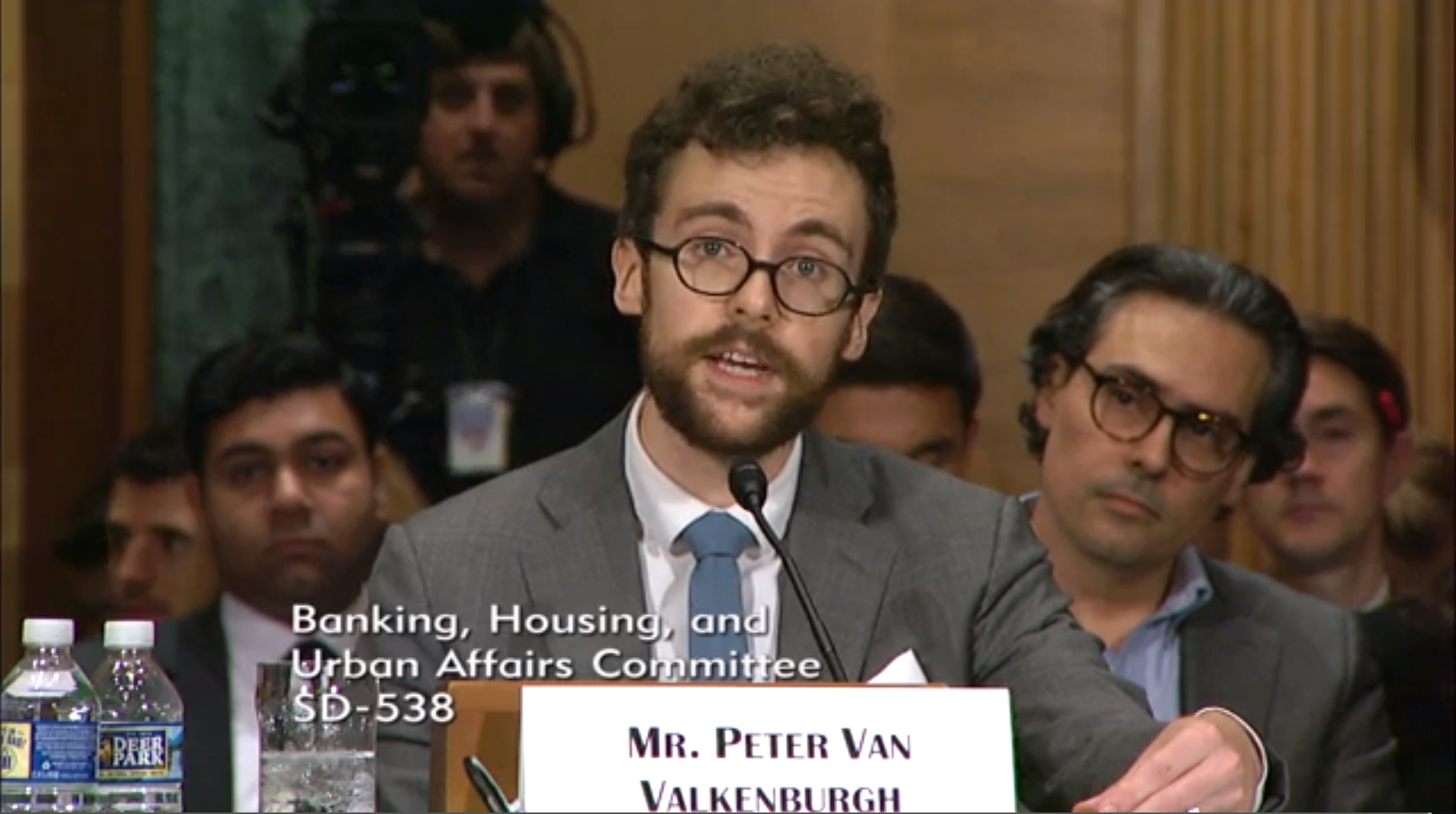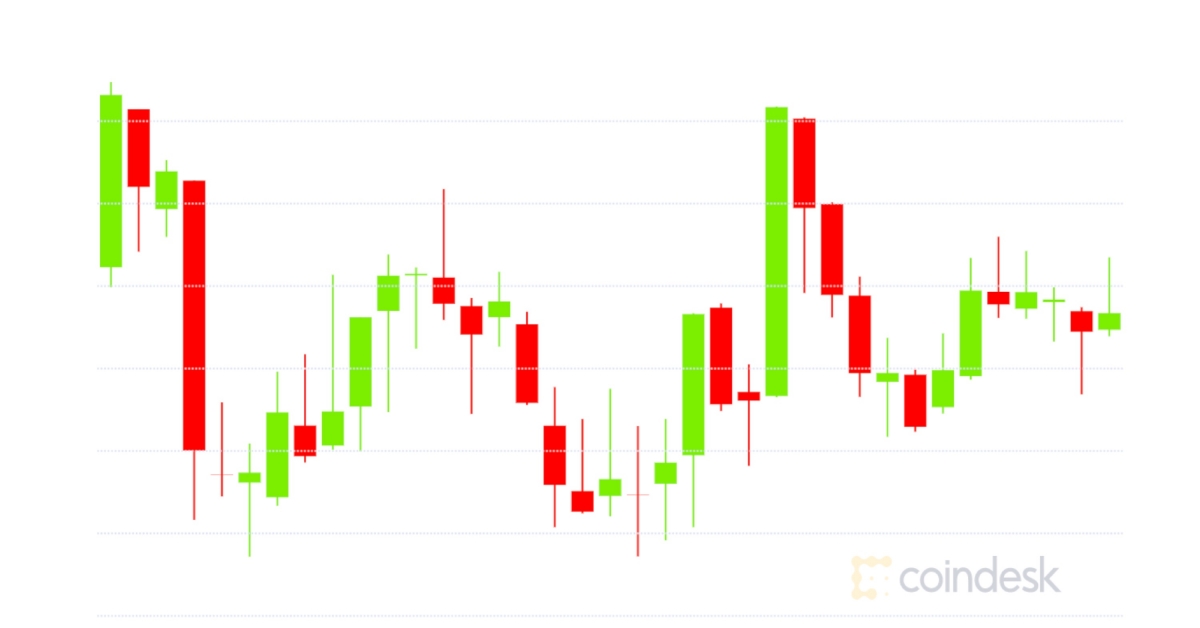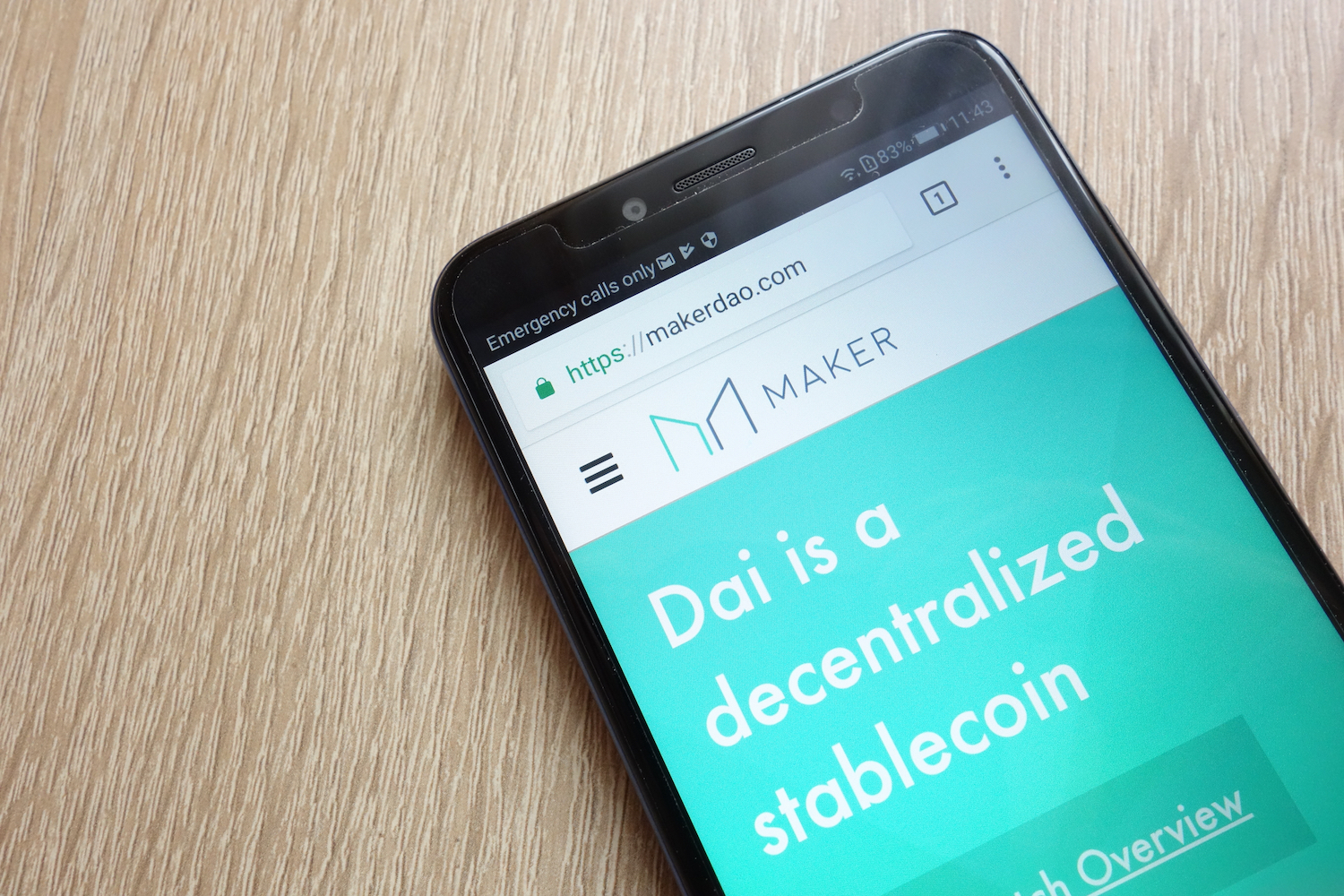Contentious Arbitrum Vote Over $1B in Tokens ‘Ratification Not Request,’ Says Foundation
Join the most important conversation in crypto and Web3 taking place in Austin, Texas, April 26-28.
:format(jpg)/s3.amazonaws.com/arc-authors/coindesk/fa5ce9a3-9c4d-4ed4-bb04-c7af51bf1a0d.jpg)
Danny is CoinDesk’s Managing Editor for Data & Tokens. He owns BTC, ETH and SOL.
Join the most important conversation in crypto and Web3 taking place in Austin, Texas, April 26-28.
The Arbitrum Foundation began selling ARB tokens for stablecoins even before its governance community of tokenholders had “ratified” the organization’s nearly $1 billion budget, according to a blog post from one employee early Sunday.
According to Peter McCorry, the Foundation – a centralized organization responsible for promoting Arbitrum, a faster and cheaper blockchain for transacting on Ethereum – thought of the omnibus governance package AIP-1 as a “ratification” of decisions it had already made, such as receiving 7.5% of all ARB tokens.
To that end, the foundation “has begun to use these tokens in the interest of the DAO, including conversion of some funds into stablecoins for operational purposes,” McCorry said in the Foundation’s first official comment on a mounting governance crisis.
The response adds new uncertainties to Arbitrum’s first attempt at community governance. Just one week ago Arbitrum airdropped ARB governance tokens to hundreds of thousands as a way of empowering them in critical decisions. The first of those was seemingly AIP-1, an omnibus package that covered everything from governance and emergency powers to funding and grants.
“The point of AIP-1 was to inform the community of all of the decisions that were made in advance,” McCorry said of the Arbitrum Improvement Proposal Framework, pushing back at perceptions that token holders had a say in the matter.
McCorry’s post offered Arbitrum’s first official response to a debacle that exploded Friday after governance hawks called out Arbitrum Foundation’s “special grants” program. According to the proposal, the Foundation is getting 750 million ARB tokens (around $1 billion) to spend that it can use without tokenholders’ approval.
Last week, Arbitrum began airdropping over 1 billion ARB tokens to nearly 300,000 wallets as part of its effort to share power over the network with its users, a common trope in crypto communities. Holders of the ARB token are considered part of ArbitrumDAO, the so-called “decentralized autonomous organization” that votes on proposals such as AIP-1.
But AIP-1 wasn’t much of a vote at all, according to McCorry’s explanation; at least, not when it came to the budget requests. He said the Arbitrum Foundation has already started spending the tokens it was apparently earmarked to get.
The post may serve to confound what has turned into an early crisis for Arbitrum governance. Votes in favor of “ratification” were winning until the past few hours. But the tide has now shifted strongly toward rejection, raising questions of what will happen if AIP-1 is defeated.
McCorry said there’s a “chicken and egg problem” in setting up decentralized governance structures. In the case of Arbitrum, “certain parameters need to be decided” ahead of time, including the structure of a “security council” that wields emergency powers, deciding voting mechanics, and of course, the funding.
Whereas AIP-1 framed the Foundation’s power to issue “special grants” without community votes as an effort to avoid “voter fatigue,” McCorry said these blank check powers are “fundamental” to the ecosystem’s competitive edge. He referred to recent efforts by Polygon and other blockchain companies to land deals with the likes of Starbucks, partnerships that happened behind closed doors.
“While it would be incredible if all traditional companies agreed to do everything on-chain, this is not realistically going to happen,” he said.
UPDATE (4/2/2023 8:40 AM Eastern): Added details.
DISCLOSURE
Please note that our
privacy policy,
terms of use,
cookies,
and
do not sell my personal information
has been updated
.
The leader in news and information on cryptocurrency, digital assets and the future of money, CoinDesk is a media outlet that strives for the highest journalistic standards and abides by a
strict set of editorial policies.
CoinDesk is an independent operating subsidiary of
Digital Currency Group,
which invests in
cryptocurrencies
and blockchain
startups.
As part of their compensation, certain CoinDesk employees, including editorial employees, may receive exposure to DCG equity in the form of
stock appreciation rights,
which vest over a multi-year period. CoinDesk journalists are not allowed to purchase stock outright in DCG
.
:format(jpg)/s3.amazonaws.com/arc-authors/coindesk/fa5ce9a3-9c4d-4ed4-bb04-c7af51bf1a0d.jpg)
Danny is CoinDesk’s Managing Editor for Data & Tokens. He owns BTC, ETH and SOL.
Learn more about Consensus 2023, CoinDesk’s longest-running and most influential event that brings together all sides of crypto, blockchain and Web3. Head to consensus.coindesk.com to register and buy your pass now.
:format(jpg)/s3.amazonaws.com/arc-authors/coindesk/fa5ce9a3-9c4d-4ed4-bb04-c7af51bf1a0d.jpg)
Danny is CoinDesk’s Managing Editor for Data & Tokens. He owns BTC, ETH and SOL.









